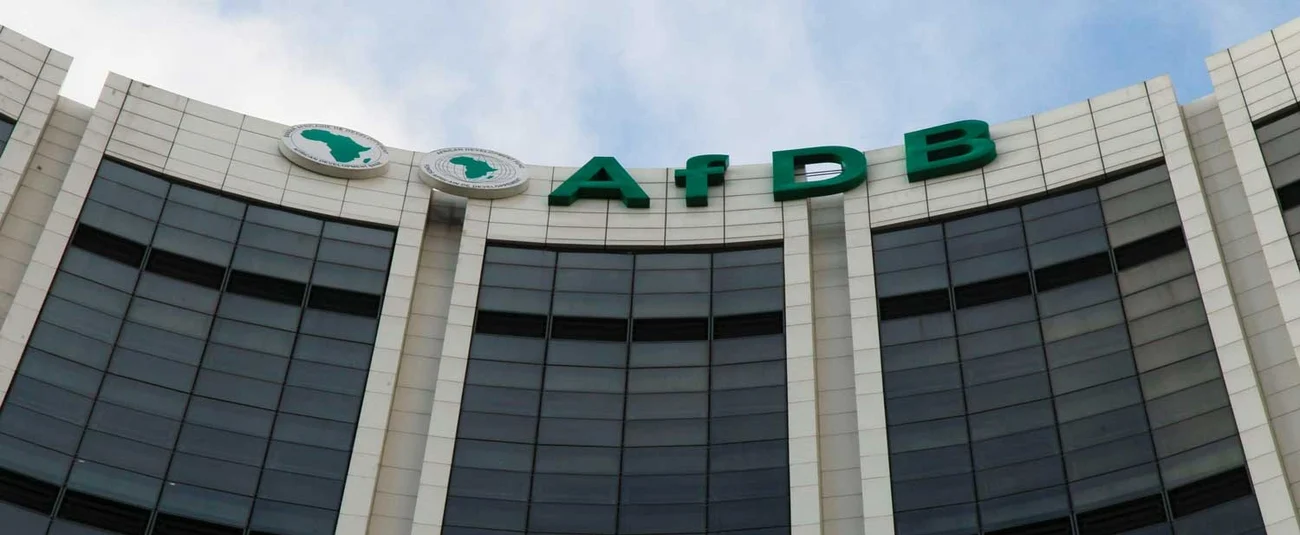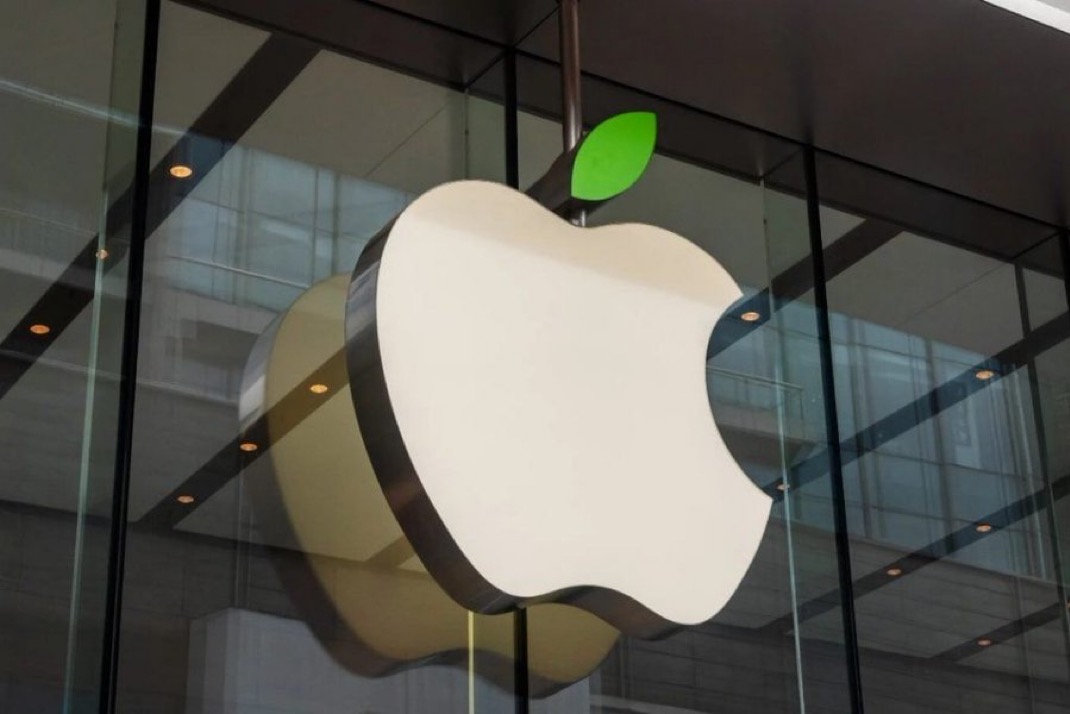Investors submitted a bid of N1.5 trillion for one-year (364-day) treasury bills at a striking rate of 13.9% per annum at the most recent auction on August 23rd, 2023.
The fact that only N283 billion from the bid was accepted, however, shows the ongoing pattern of investors greatly oversubscribing to these short-term risk-free investments.
The information was taken from a recent auction report that included information about the sale of Nigeria’s treasury bills during the specified week. These bills are due to mature on August 22, 2024.
The one-year bill is currently trading at its highest price since closing at 14.74% and 14.4% in March and April, respectively.
In July 2023, Nigeria’s inflation rate spiked to 24.08%. This represents a significant improvement from the 22.79% recorded in June 2023, which itself an increase of 0.38% points from 22.41% in the preceding month.
The headline inflation rate for June 2023 was noticeably 4.19% points higher than the rate registered in June 2022, which was 18.60%, when compared year over year.
Despite these circumstances, demand for these risk-free investments persists and is on the rise despite the fact that they provide a negative real return, especially when seen in the context of the present inflation rate.
Investors placed a massive N12.2 trillion bid for the 182-day Treasury Bills, compared to a N10.2 trillion offer. All of the offer’s N10.2 trillion total value was accepted at an interest rate of 8%.
The scenario wasn’t much different for the 91-day bills. Investors impressively outbid the central bank’s offer of N9.9 trillion by N17.2 trillion, and a 5.1% interest rate was agreed.
These auctions’ maturity dates are established as follows:
21st November 2023 for the 91-Day bill
21st February 2024 for the 182-Day bill
22nd August 2024 for the 364-Day bill.
Concerning the monetary environment, it is remarkable that the money supply for July 2023, which was above N64 trillion, stayed steady.
According to financial commentators, the observed depreciation in currency rates is caused by a combination of low-interest rates and a large money supply.











